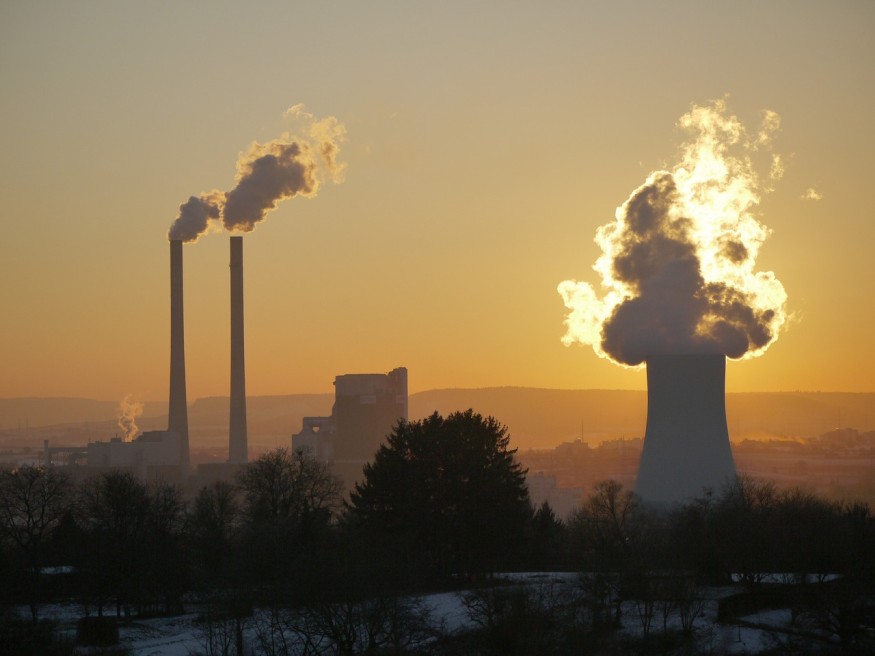Before a global summit in June that is expected to put further heat on the Morrison government's silence on climate change, the UN's 'Group of Seven' nations have decided to suspend financing of unabated coal-fired power plants by the end of 2021.

G7 Statement
Environment ministers from G7 countries issued a communique on Friday emphasizing the need to phase out new direct government subsidies for carbon-intensive international fossil energy sources to meet 1.5C climate goals.
Positive new agreements from G7 climate ministers.
— Ember (@ember_energy) May 21, 2021
- end overseas financing of coal this year
- accelerate transition from 'unabated' coal capacity
- 'overwhelmingly' decarbonised power in the 2030s
But it is *still* short of what is needed for 1.5C. pic.twitter.com/y2Koflt5UE
"In line with this overall approach, and acknowledging that continued global investment in unabated coal power generation is incompatible with keeping 1.5°C within reach, we emphasize that international investments in unabated coal must stop now, and we commit to take concrete steps toward an end to new direct government support for unabated international thermal coal power generation by the end of the year.
Related Article : 20 Companies are Responsible for 55% of the World's Total Plastic Waste, Report Shows
Phasing Out Coal Power by 2030
It's cool they "recognise that coal power generation is the single biggest cause of global temperature increases"!
— Ember (@ember_energy) May 21, 2021
This from the IEA Net Zero shows that of the 38% fall in global CO2 this decade, over HALF (54%) the fall is expected to come from coal power alone... pic.twitter.com/03uDEWvY8I
The G7 communiqué refused to set a concrete date for coal-fired power's phase-out. According to a new study from the International Energy Agency, coal power in developing economies must be phased out entirely by 2030, at the least if the planet is to meet the 1.5°C goals. "Recognizing that coal power production is the single largest source of global temperature rises, we pledge now to quickly scale up technology and policies that will further drive the transformation away from unabated coal capacity and toward an overwhelmingly decarbonized power grid in the 2030s, compliant with our 2030 NDCs and net-zero commitments," according to the Communique.

Though the communiqué is welcome, UK-based analyst Dave Jones of Ember points out that it is only "two goals shy of a hat trick." "The G7 ministers have failed to take the other two critical steps: phase out coal by 2030 and achieve renewable energy by 2035."
Germany Under Pressure
Germany, a G7 member, is under the most pressure, with a live controversy about whether coal will be phased out in 2038, as the government now plans, or in 2030, consistent with climate targets. Pressure is mounting on the government to go ahead with its existing coal phase-out timetable due to a referendum this year and a surprise change in its climate targets imposed by court action. The country remains a significant player in coal pollution within Europe and around the world.
Australia
Australia will make a contribution to the G7 summit, which will take place on June 11th. This is expected to repeat Australia's past efforts to project a climate-action picture amid a slew of actions in recent weeks and months to fund fossil fuel companies and attack renewables.
Also Read : Future Tech Can Achieve Net Zero Goals Without Sacrificing Quality of Life, John Kerry Says
For more news about Environmental Action, don't forget to follow Nature World News!
© 2025 NatureWorldNews.com All rights reserved. Do not reproduce without permission.





